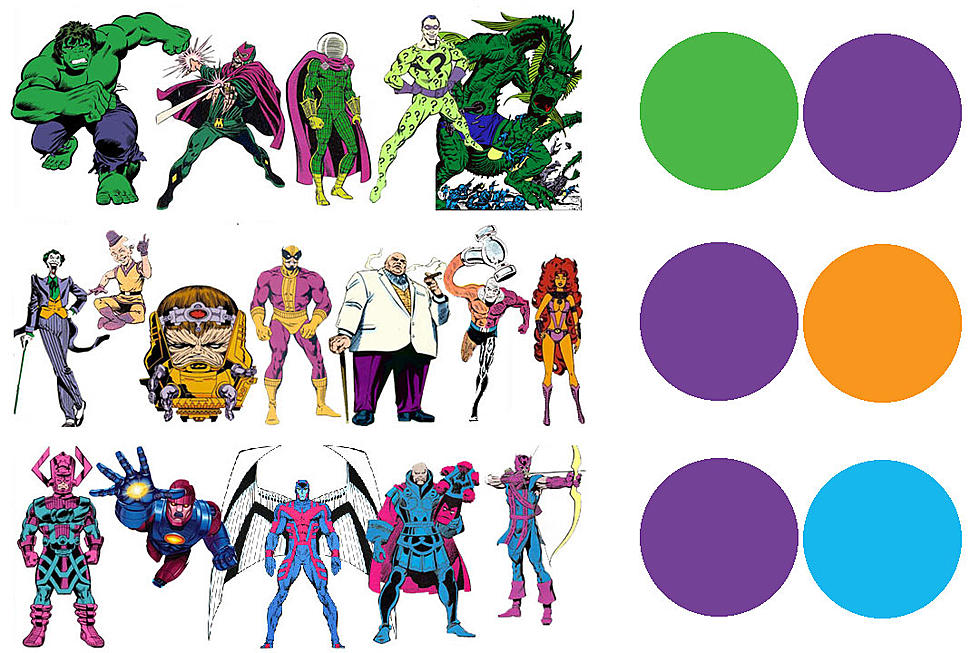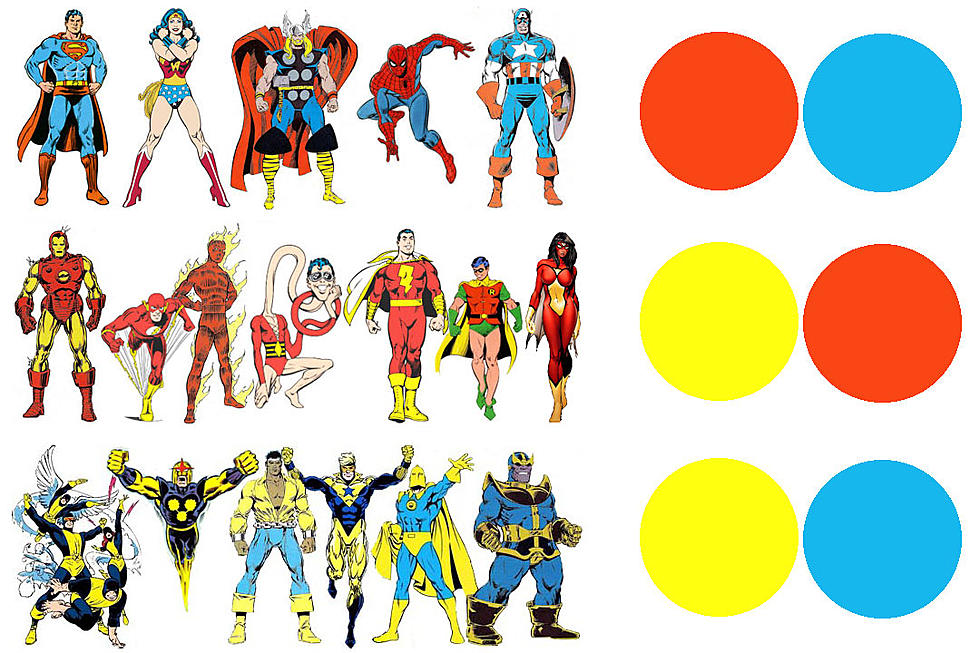
Is A Recolored Comic Still The Same Comic?
This week, Marvel posted a few preview pages from its newly "remastered" first issue of Miracleman. Before the images were even officially released Wednesday, fans had gotten a hold of the new images and posted comparisons to the original black-and-white versions from the magazine Warrior, Eclipse Comics' original issues, and recolored versions from the original Eclipse collected edition.
It seems like any time the major publishers issue a high-profile reprint of a comic that's more than 25 years old, they consider it a necessity to recolor them. Maybe it is. Maybe old-fashioned colors are a turn-off to readers who are used to modern techniques. But I do wonder how much changing the colors changes the actual comic.
Let's start with this statement that I don't think is all that controversial: Colorists don't get enough credit. They (along with letterers) often get left out of the discussion in reviews, get a smaller credit in the books themselves, and, when a book they worked on gets re-released years later, their work gets entirely redone by someone else.
Now, Miracleman is an unusual case. Those comics were originally published in black and white. If Marvel Editor-in-chief Axel Alonso is to be believed, the coloring in the Eclipse releases was actually detrimental to the original art. Here's his quote from the Marvel press release:
When these stories were originally colored, the artists were never consulted – and it shows. The coloring methods used at the time really hurt the finished product. But through close collaboration with all the artists, we’re proud to now present these stories in a manner that matches their creative vision.
(Notably not mentioned in the Marvel press release: The name of the colorist.)
So maybe this particular instance of recoloring is actually a good thing. People have certainly had their disagreements about whether recoloring comics is an effective way to modernize older work, or a desecration of that work, with comics such as Laura Martin's reworking of Dave Stevens' Rocketeer, Danny Vozzo's recoloring of some of his own Sandman work, Brian Bolland's recoloring of The Killing Joke, or even redone covers for trade paperbacks.
Those debates aren't really what I'm trying to get at here. I once had a friend tell me that more complex modern coloring techniques were what actually made current comics readable to him. I'm not going to fault him for that, even though I tend to think some recolorings are too "literal." That is, they're committed to making things the colors they would really be rather than something more abstract that sets a mood, something old comics coloring had in spades, possibly to make up for limited options.
Anyway, what I'm really trying to get to is whether those Rocketeer comics are still the same comics, or whether any version of Miracleman is really the same comic with different colors. Sure, the script's the same. The pencils, inks and letters are (mostly) the same. But a key element, something that could vastly change how a reader reacts to a moment, is different.
I've been trying to determine what the best example of something in another medium to compare it to would be. Is it like a shot-for-shot remake of a movie with the same script and same director but different actors? Is it like the reshot pilot of a TV show?
Ultimately, I think it's probably most comparable to music. After all the term "remastered" comes from music, as that's the medium in which older works get re-released with slight modifications to improve the sound fidelity all the time.
The difference is that recolored comics aren't just remastered. When all of The Beatles' albums were re-released in conjunction with all their music becoming available on iTunes, it was all simply cleaned up for digital listeners. It's not like someone went in and replaced all of Ringo's drumming with other tracks of Ringo drumming, or someone else drumming in his place.
And that's the thing. A colorist is a member of the band, right? If a band re-records one of their previous albums with a new bassist, that's not the same album, is it? That doesn't mean it's worse -- it might be worlds better -- but it's not the same experience.
More From ComicsAlliance
![When Everything Is Pink, Nothing Is Pink: Sarah Stern On Color And Creativity [Interview]](http://townsquare.media/site/622/files/2017/03/Cindersong-feat.jpg?w=980&q=75)





![Matt and Sharlene Kindt Go Below the Surface of ‘Dept H’ at Dark Horse [Interview]](http://townsquare.media/site/622/files/2016/03/depth-feat.jpg?w=980&q=75)

![Get A First Look at Gaiman and Buckingham’s Remastered ‘Miracleman’ #1 [Preview]](http://townsquare.media/site/622/files/2015/08/Miracleman_feat.jpg?w=980&q=75)
